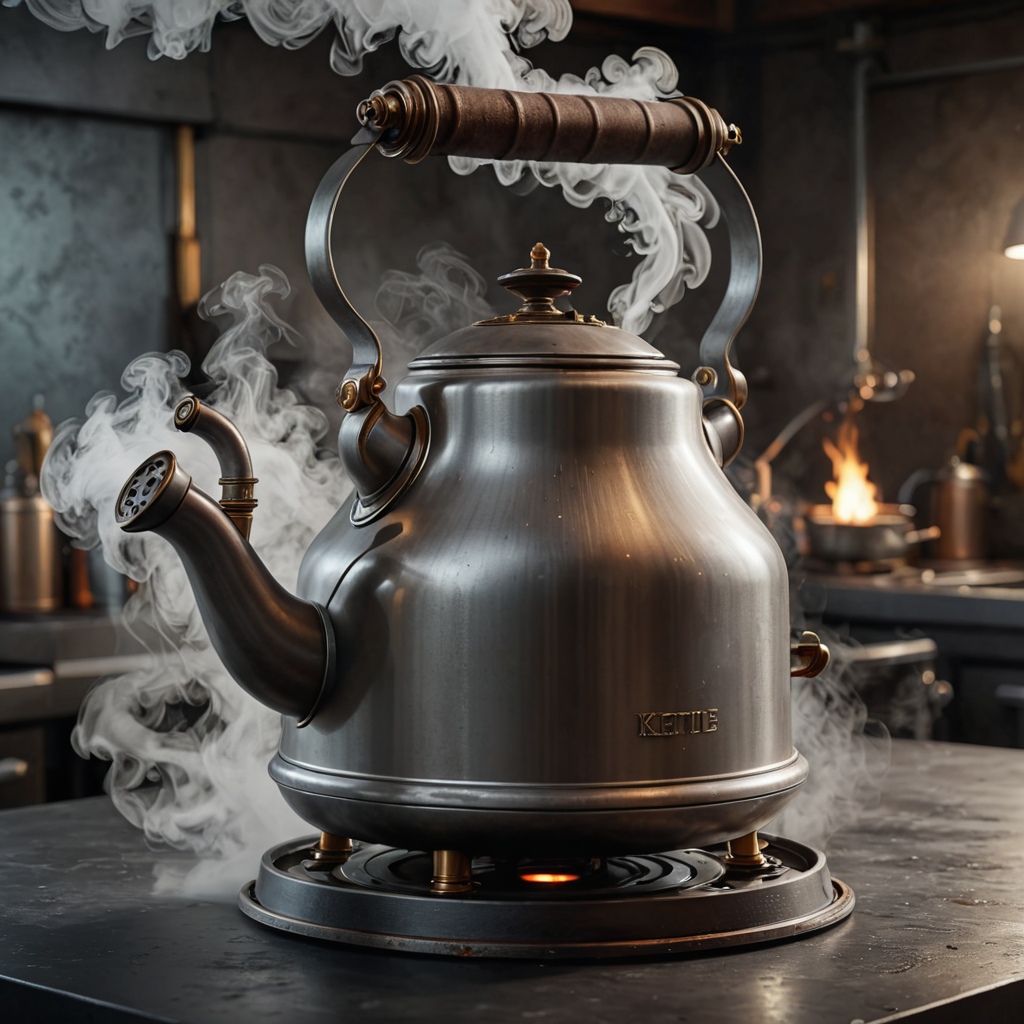
When it comes to providing hot water for your home, two popular options are traditional water heaters with storage tanks and tankless hot water systems. Each system has its own set of advantages and disadvantages, and understanding the pros and cons of each can help you make an informed decision when choosing the right hot water solution for your household. In this article, we will compare the benefits and drawbacks of water heaters with storage tanks and tankless hot water systems to help you determine which option best suits your needs and preferences.
Water Heater with Storage Tank:
Pros: 1. Cost-Effective: Traditional water heaters with storage tanks are generally more affordable to purchase and install compared to tankless systems, making them a budget-friendly option for homeowners.
2. Simplicity: Water heaters with storage tanks are easy to operate and maintain, requiring minimal maintenance and servicing over time.
3. Reliable Performance: Storage tank water heaters provide a steady supply of hot water at a consistent temperature, making them suitable for households with high hot water demand.
4. Familiar Technology: Water heaters with storage tanks have been used for decades and are well-known to plumbers and technicians, ensuring easy repairs and replacements if needed.
Cons: 1. Energy Efficiency: Storage tank water heaters can be less energy-efficient than tankless systems, as they continuously heat and store hot water, leading to standby heat loss and higher energy consumption.
2. Limited Hot Water Capacity: Water heaters with storage tanks have a finite amount of hot water available, which can lead to running out of hot water during peak usage times.
3. Space Requirements: Storage tank water heaters require ample space for installation, as they are larger and bulkier than tankless units, which can be challenging in smaller homes or utility rooms.
4. Shorter Lifespan: Traditional water heaters with storage tanks typically have a shorter lifespan than tankless systems, requiring replacement every 10-15 years on average.
Tankless Hot Water System:
Pros: 1. Energy Efficiency: Tankless hot water systems heat water on demand, eliminating standby heat loss and reducing energy consumption, resulting in lower utility bills over time.
2. Endless Hot Water: Tankless systems provide an endless supply of hot water, as they heat water as needed, ensuring a continuous flow of hot water for multiple tasks simultaneously.
3. Space-Saving Design: Tankless hot water systems are compact and wall-mounted, saving valuable space in utility rooms, closets, or small homes compared to storage tank water heaters.
4. Longer Lifespan: Tankless hot water systems have a longer lifespan than traditional water heaters with storage tanks, lasting up to 20 years or more with proper maintenance.
Cons: 1. Higher Initial Cost: Tankless hot water systems are typically more expensive to purchase and install than water heaters with storage tanks, requiring a higher upfront investment.
2. Installation Complexity: Installing a tankless hot water system may require modifications to existing plumbing and electrical systems, as well as professional installation by a qualified technician.
3. Flow Rate Limitations: Tankless systems have a maximum flow rate, which can affect the number of fixtures that can be used simultaneously, especially in larger households with high hot water demand.
4. Maintenance Requirements: Tankless hot water systems may require periodic maintenance, such as descaling and flushing, to ensure optimal performance and longevity.
Both water heaters with storage tanks and tankless hot water systems have their own set of advantages and disadvantages, depending on your preferences, budget, hot water usage, and space constraints. While traditional water heaters with storage tanks offer simplicity, reliability, and cost-effectiveness, tankless hot water systems provide energy efficiency, endless hot water, space-saving design, and longer lifespan. By weighing the pros and cons of each system, you can determine which option aligns best with your household’s hot water needs and priorities, ensuring a reliable and efficient hot water solution for your home.
Cedar Hill St. Louis Jefferson County Olivette Kirkwood Ballwin Arnold Franklin County St Charles County Fenton High Ridge Dittmer Creve Coeur
